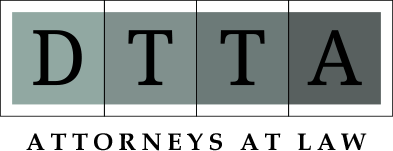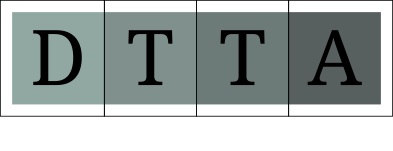One of the first things debtors’ attorneys must consider is what type of bankruptcy is available to provide the most protection for their clients’ property. Most debtors have little, if any, experience with bankruptcy and don’t know the options. They usually just want to take care of their financial stress in the most effective way possible.
The most common types of bankruptcy come from two different chapters of the bankruptcy code, Chapter 7 and Chapter 13.
The Difference Between Chapter 7 and Chapter 13 Bankruptcy:
- Repayment of Debt: Under Chapter 13 bankruptcy, filers reorganize their finances to meet demands to the best of their financial ability. A means test is used to determine how much, if any, of the debt owed could be paid on a monthly basis over 3 to 5 years. Under Chapter 7 bankruptcy, filers do not repay any of the debt included in the bankruptcy unless they have significant equity in real or personal property.
- Time on Credit Report: Chapter 13 bankruptcy remains on your credit report for 7 years from the filing date, while the Chapter 7 bankruptcy remains on your credit report for 10 years.
- Structure of Bankruptcy: Under Chapter 13 bankruptcy (sometimes referred to as an Adjustment of Debt plan), the court may approve a repayment plan and the consumer must make partial payments to creditor/s. When the repayment plan is completed, most remaining debt is discharged. Under Chapter 7 bankruptcy (sometimes referred to as a Liquidation of Assets), certain assets belonging to the consumer filing for bankruptcy may be liquidated to pay off outstanding debts to creditors. Once Chapter 7 is filed and there are no unprotected assets, debt is typically discharged within months with no further payment required of the consumer.
Both types of consumer bankruptcy offer protection from creditors with an automatic stay. The automatic stay goes into effect immediately upon filing for bankruptcy. It prohibits creditors from any contact seeking payment (phone calls, letters, etc.)
If you are contemplating filing for bankruptcy, there are many other considerations that will make a difference in the type of bankruptcy that gets filed. The bankruptcy code and the California Code of Civil Procedure contain protections for debtors who are overwhelmed with debt that are unknown to most consumers. If you need help and protection to regain control of your finances, please get in touch with an experienced bankruptcy attorney at Dolen, Tucker, Tierney & Abraham.

